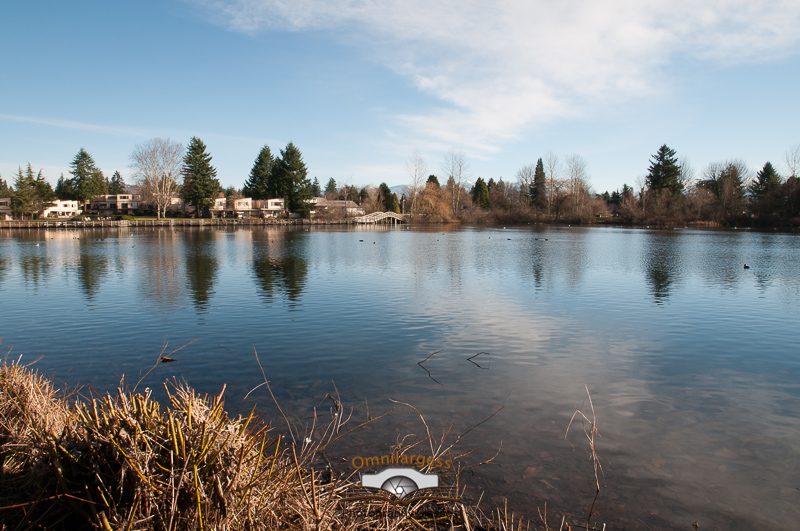Recommended filters for digital photography
There are many different types of photography filters. In this list, I recommend to most popular filters for digital photography.
What kind of filters do I need to use in my digital Photography?
This question is the number one question after each photography class. Here is my honest answer to this question:
For a moment, let’s pretend that we live in the ‘pre-digital era when we had the film as our media to capture an image. Manufacturers set the sensitivity of film to light, the type of colour (Negative or Slide) or monochrome (Black and White) and colour temperature, and we could not change any of them unless we changed the film type. It was important – at that time – to know the filters and their effects on your photos. Thanks to digital technology, we can fix almost all of those issues by understanding digital camera settings such as ISO, White Balance, Styles, etc.
So Ted, do you mean that there is no more need for filters for digital cameras?
No, I didn’t say that! I was about to tell you about some valuable filters in digital photography. Although we can fix many of those issues in our cameras, there are a few conditions that we DO need filters. In this short article, I will talk about four essential types of filters for digital cameras.
UV Filter
UV filters are just for protection, and they don’t have any effect on our photos. Many filter manufacturers claim their UV filters can reduce haze and create sharper photos! I haven’t experienced it yet. I tried many different UV filters and couldn’t improve haze or sharpness than images without a UV filter. To me, UV filters are excellent and inexpensive protection for my expensive lenses. Personally, I prefer no extra glass in front of my lens, but there are times when I take photos in higher-risk conditions (such as around pets and children), and a UV filter can be a lens-saver!
Polarizing Filter
With autofocus lenses, you should choose a Circular Polarizing filter. Polarizing filters are usually dark and consist of two parts. By rotating the outer ring, you can adjust the direction of polarizing. Polarize filters, just like polarized lenses, remove most of the scene’s reflections and result in a sharper and more saturated image. Look at these examples to see how a polarizing filter can improve the appearance.




Neutral Density (ND) Filters
ND filters are dark and reduce the exposure, whether shutter speed or aperture value. If you are shooting on a very bright day and want to reduce the f stop to wide open to create a very shallow depth of field or use a slow shutter speed to blur the action, you need to use an ND filter. They come in a variety of densities, from half a stop to 10 stops. You can also stack them. There is a slight colour shift when you use a good quality ND filter.
Graduated ND Filter
These ND filters start with a dark density at the top, which gradually fades out towards the filter’s bottom. They are handy when you want to mask the bright part of the scene (such as the sky in these examples). They are available with different density choices as well.




What brand of filter should I buy?
I always suggest the highest quality filters, although they can be a little more expensive. I am not here to promote one brand over the other, but remember that adding another piece of glass in front of your lens means that the light has to travel through this glass as well. So the high-quality optics manufacturers are well known to provide better construction and less distortion to light. One important thing is always to purchase a multi-coated filter to reduce the chance of glare and colour cast.
That is all for now. Stay tuned for my following photography Tips. We love to hear from you. Let us know if you have any questions; feel free to send us your questions, and we will be more than happy to answer them. Follow us on Facebook, Instagram and Twitter for more Free Tutorials and Tips.
Ted and the Omnilargess Team
Do you want to learn more about all the controls available to you in your digital camera?
Sign up for our upcoming DIGITAL CAMERA BOOTCAMP.

